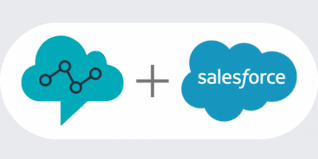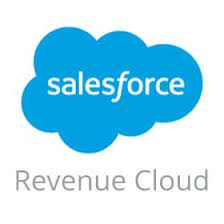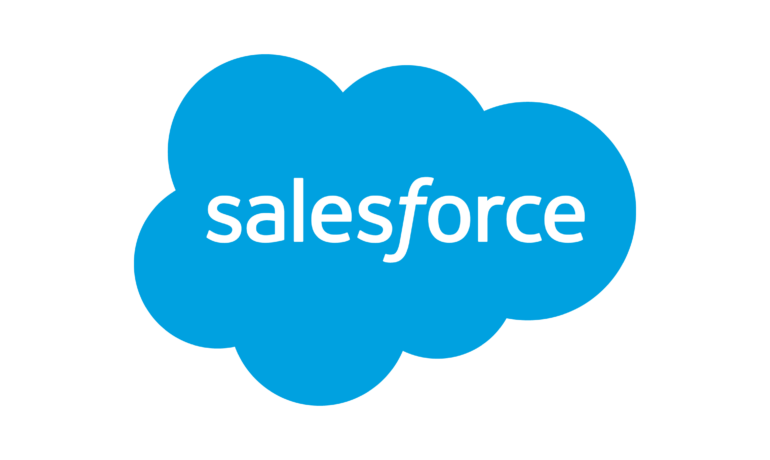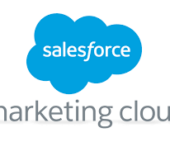Salesforce Announces Genie
San Francisco – September 20, 2022 – Salesforce (NYSE: CRM), the global leader in CRM, today unveiled Salesforce Genie, a hyperscale real-time data platform that powers the entire Salesforce Customer 360 platform. With Genie, every company can turn data into customer magic, delivering seamless, highly personalized experiences across sales, service, marketing, and commerce that continuously adapt to











